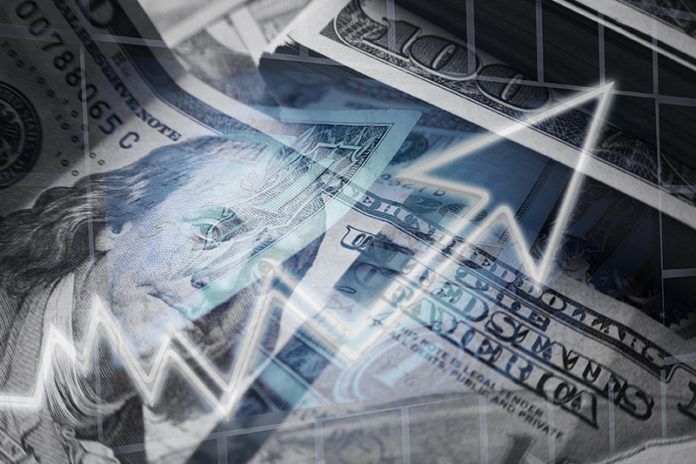For most Americans, being asked if they favor a higher minimum wage is like asking if they like sunshine and ice cream. What’s not to like about increasing the rewards for low-paid workers — especially for anyone who has ever been a low-paid worker?
This is one of those ideas that you might think would generate disagreement along partisan lines. President Joe Biden wants to increase the national minimum wage to $15 an hour, up from $7.25. It’s no surprise that 87% of Democrats support the idea. The surprise is that 62% of Republicans agree. Empathy for essential workers during the pandemic has only made the idea more appealing.
But just because an idea is popular doesn’t mean it’s wise. What economics teaches is that no government intervention in the economy comes without costs, some of which greatly outweigh benefits. This one has major flaws.
The most obvious drawback is that raising the price of anything causes people to pay for less of it. Double the price of a gallon of gas or a pound of ground beef and consumers will cut back on their consumption. When businesses have to pay their employees more, they will search for ways to reduce staffing.
Some economists have done studies finding that a higher minimum wage costs few, if any, jobs. But Nada Eissa, an economist at Georgetown University, says, “We’ve never seen an increase of this magnitude.” An increase of a dollar or two per hour is one thing. An increase of $7.75, even over four years, is another.
“It’s not the Amazons of the world that will be hurt,” Eissa points out. “It’s mostly small businesses.” Those are the same companies that have suffered disproportionately from the pandemic.
A recent report from the Congressional Budget Office concluded that a $15 minimum wage would lift 900,000 people out of poverty — while destroying 1.4 million jobs. Is that a sensible trade-off?
The mistake we make is assuming there is one answer to that question. But different places have different circumstances. A $15 minimum would be a minor matter in places like California, which already has a state floor of $14, Massachusetts ($13.50) and New York ($12.50). The increase would be a huge change, though, in the many states that don’t set a minimum above the federal level.
The current $7.25 looks far skimpier in Hawaii or California, which have the highest living costs in the country, than in Mississippi or Oklahoma, which have the lowest. The average monthly rent is $689 in Mississippi but $1,657 in California.
That’s an argument for federalism: letting states set their own levels to reflect their economic conditions, living costs, educational levels and prevailing ideology. A state with a lower minimum wage may attract businesses, creating jobs that otherwise would have gone elsewhere. A state with a higher one may lure workers looking to boost their income.
There is no answer that suits every state.
If we want to raise the incomes of low-wage workers, there’s a superior option: expanding the federal Earned Income Tax Credit, a sort of wage bonus. It provides up to $3,584 per year for workers in households with one child and a maximum of $6,660 for those with three or more kids. But childless workers can get no more than $538, and only those from the age of 25 to 64 qualify.
More generous credits, particularly for workers without kids, would raise incomes at the bottom of the wage scale. Like a minimum wage increase, the change would encourage work by boosting earnings. But unlike a minimum wage increase, it doesn’t raise the cost of labor to employers. Result: more people working and earning more for their work.
Biden’s stimulus plan would increase the maximum sum for childless workers to $1,500 and make more workers eligible for the credit. A bill approved by the House Ways and Means Committee last year would also lower the qualifying age from 25 to 19. Another virtue is that the EITC spreads the cost of helping low-wage workers to all taxpayers, not just those who have the misfortune of owning small businesses.
Democratic politicians are entranced by the visible benefits of boosting the minimum wage. The harm it promises to do, luckily for them, will go mostly unseen.































